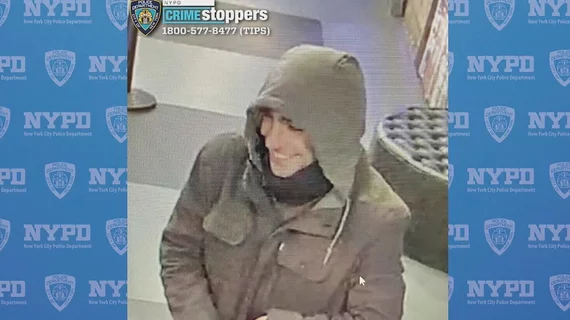Suspect in murder of UnitedHealthcare CEO arrested in Pennsylvania
Police have arrested a man they believe is responsible for the murder of Brian Thompson, the CEO of UnitedHealthcare. The suspect is currently being questioned by police in Altoona, Pennsylvania, where he was arrested on gun charges.
Luigi Mangione, 26, was on a Greyhound bus traveling through the area on Monday morning. When stopped, he walked to a nearby McDonald's, where an employee recognized him from images circulated by the New York City Police Department (NYPD) and contacted authorities.
On his person, Mangione allegedly had a gun capable of firing 9mm rounds, the same caliber used to kill Thompson. He was also in possession of a suppressor, which is consistent with the murder, NYPD Commissioner Jessica Tisch said.
She also said Mangione had documents on his person that "speak to his motivation and mindset." The handwritten documents will need to be investigated further to ascertain a more specific motive, she added.
According to the NYPD, Mangione was also in possession of a fake ID, which he used to check into a New York City hostel, where police believe the shooter stayed.
He is from Maryland, and it isn’t clear if he was taking a bus home before being apprehended.
The NYPD said it is on its way to Altoona to interrogate Mangione. At this time, he is considered a strong person of interest in possession of circumstantial evidence that links him to the crime, police said.
If charged and convicted, Mangione will likely face life imprisonment.
Thompson, 50, was fatally shot on Dec. 4 outside the New York Hilton Hotel in Manhattan.

